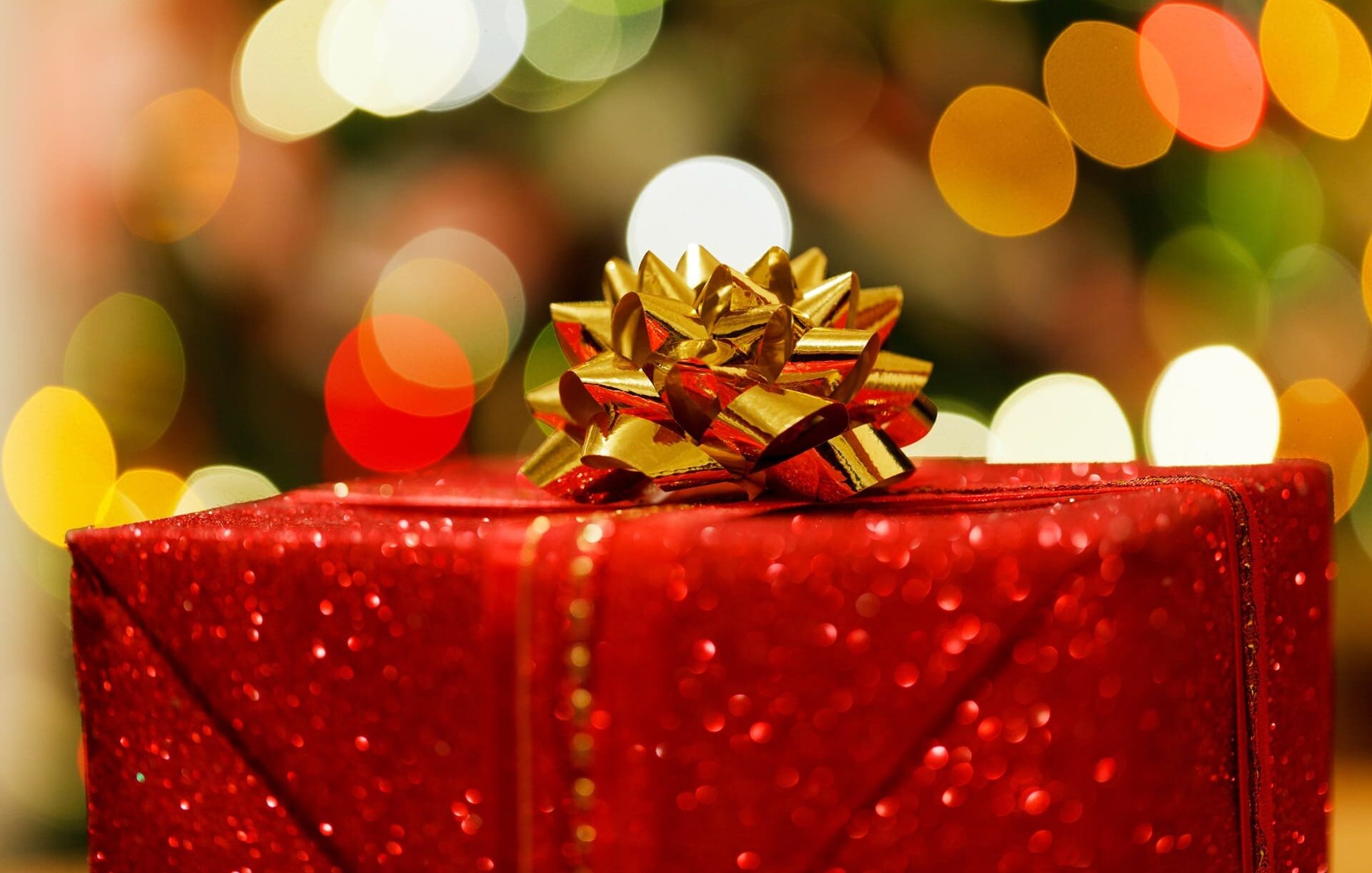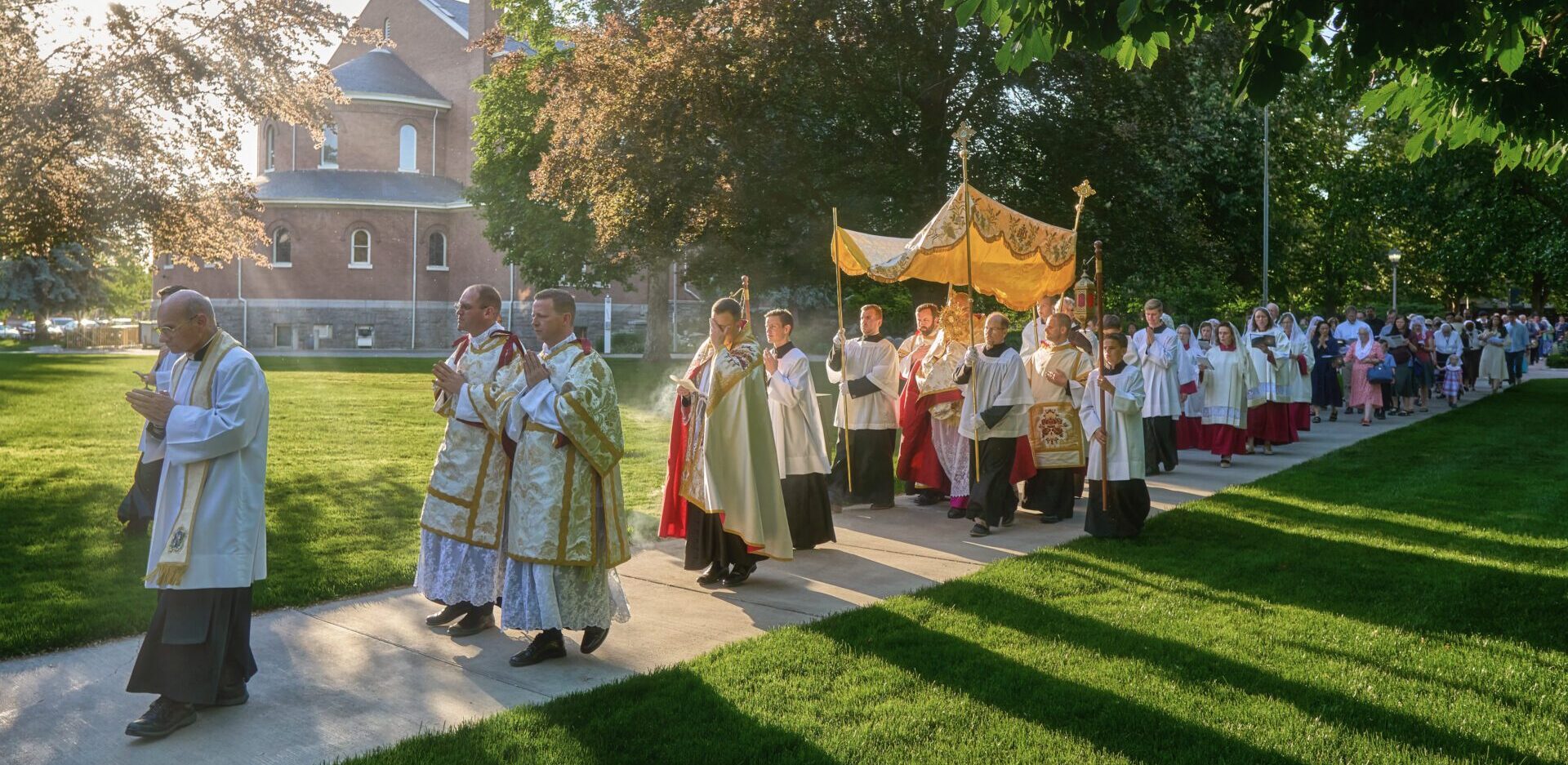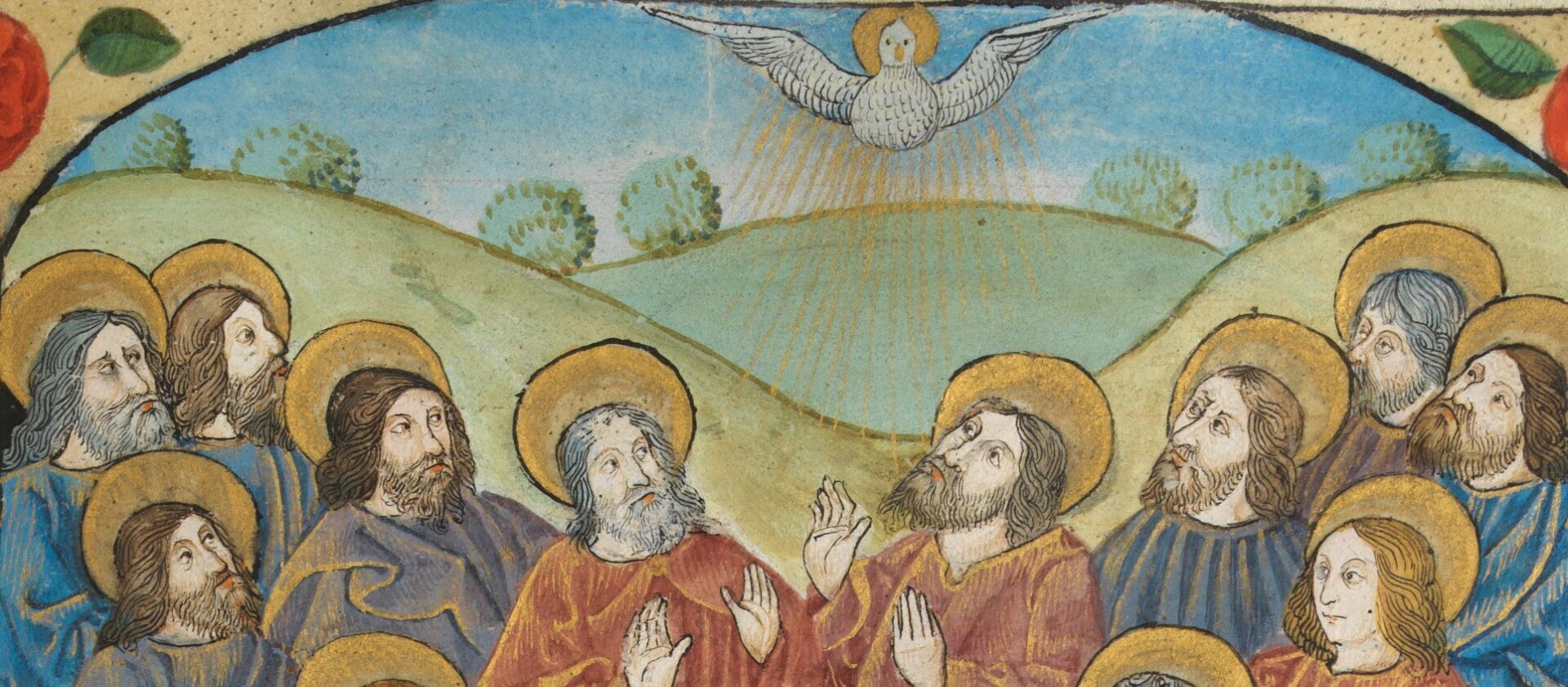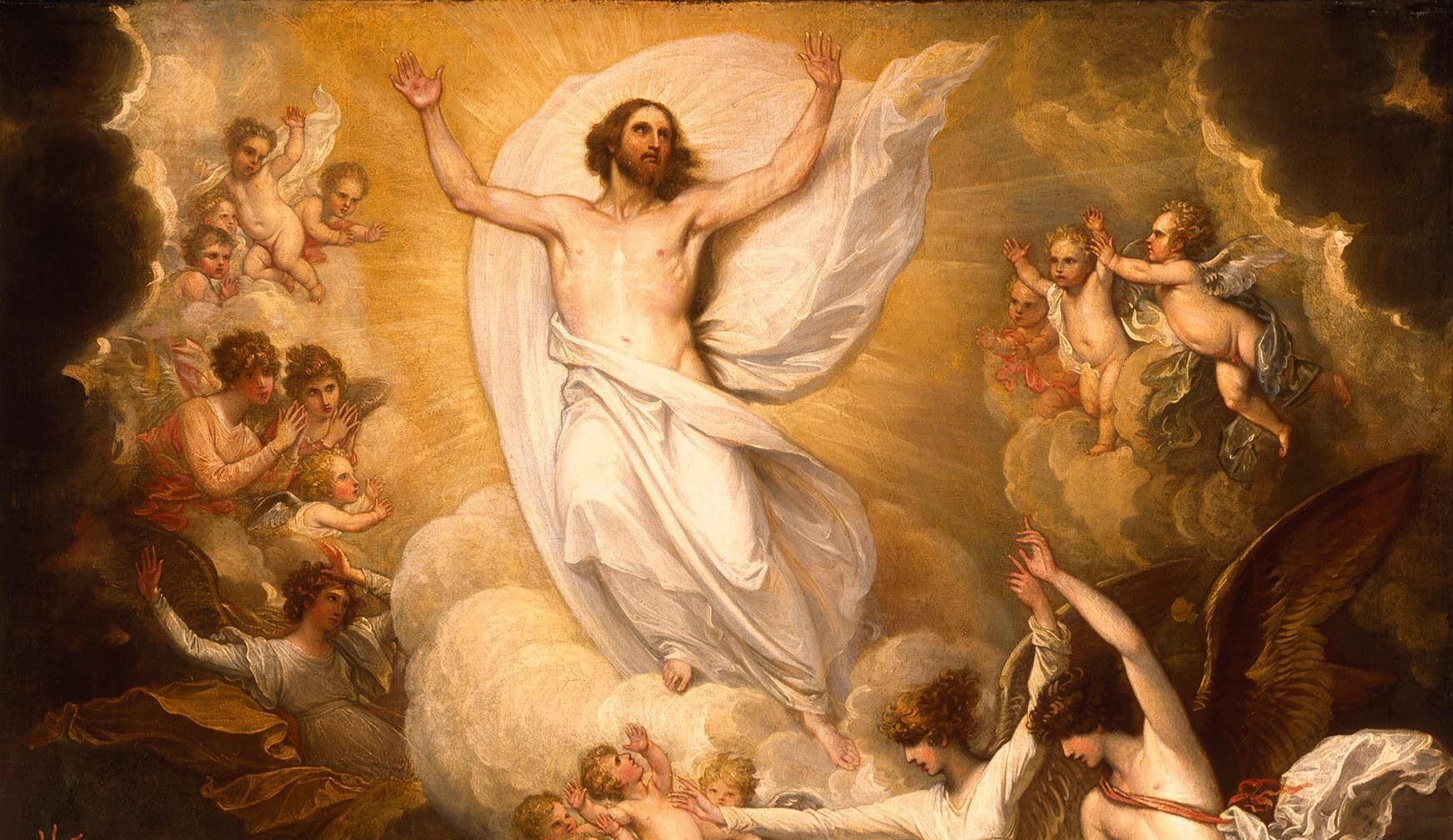Looking for the perfect present? It’s already here.
I had hoped for a particular pair of size 11 cowboy boots this Christmas. This species of boot has a throwback 1960s look, with colorful two-toned leather (turquoise and orange), pointed in the toe, and worn-in enough to be comfortable (or as comfortable as cowboy boots can be). But these boots are not just any pair one can find on eBay or Amazon or the local second-hand store. Boots like these are only available through my family’s White Elephant gift exchange—boots which have been re-gifted for decades and, like a bad penny, continue to show up each year when the extended Carstens family gathers around the Yule log.
For anyone not familiar with the Christmas “White Elephant Gift Exchange,” the rules of engagement are simple: the activity most often consists of a group of friends or family wrapping up items that they no longer want—gag gifts (like a rubber chicken), hard-to-dispose-of items (like a framed portrait of Elvis made out of blue velvet), or gaudy goods (like 1960s cowboy boots). Each family member brings a misfit gift to the exchange—and that’s when the fun begins. One man’s burden becomes another man’s blessing as uncles and cousins trade, mothers and daughters barter, in-laws cajole, and brother pleads with brother—all jockeying for that one item they want while trying to offload the oddball bauble they don’t.
Even though the White Elephant exchange is meant mostly for fun and entertainment, it represents only one of many ways we have come to this almost-essential aspect of Christmas: gift-giving. Some families draw names to economize their gift-giving, while at workplaces and schools the “Secret Santa” allows for anonymous gift-giving through Advent before the identity of one’s benefactor is revealed with a grand gift (that sometimes becomes next year’s White Elephant at the family free-for-all). Then there are grandparents, of course, who play by their own rules because of their inherent prerogative to lavish and spoil.
But amidst the explosion of wrapping paper, upended boxes, and endless miles of ribbon, another more fundamental gift exchange takes place, an exchange that is the gold standard of all other Christmas gift giving, one that should be recalled whenever and however we pass gifts between ourselves.
We first hear about this tremendous trade not on Black Friday, but during the weekdays leading up to Christmas. On December 17, the Church shifts Advent into high gear. Starting on this day, the final week of Advent serves as a run-up to Christmas by sounding a different, more solicitous tone. At Mass on December 17, we ask God the Father in the Opening Prayer that his “Only Begotten Son, having taken to himself our humanity, may be pleased to grant us a share in his divinity.” The Mass during Christmas day prays similarly: “O God, who wonderfully created the dignity of human nature and still more wonderfully restored it, grant, we pray, that we may share in the divinity of Christ, who humbled himself to share in our humanity.” And if you went to a Christmas Mass besides the one on Christmas Day—in fact, at any Mass—the deacon or priest says similar words as he pours the water (which represents you and me) into the wine (which symbolizes Jesus) as he prepares the chalice: “By the mystery of this water and wine may we come to share in the divinity of Christ who humbled himself to share in our humanity.”
Giving and receiving of humanity and divinity is not, of course, a type of White Elephant exchange, or Secret Santa exchange, or family gift exchange. It’s called the “holy exchange.” St. Augustine tells us just what this exchange means: with the incarnation and birth of Jesus, “he effected a wonderful exchange with us, through mutual sharing: we gave him the power to die, he will give us the power to live.” I think we’re getting the better end of this deal!
The Prayer over the Offerings at Christmas Midnight Mass asks that “through this most holy exchange we may be found in the likeness of Christ, in whom our nature is united.” One of the Mass’ Preface texts (coming just prior to the Holy, holy, holy) recounts that “through him the holy exchange that restores our life has shone forth today in splendor: when our frailty is assumed by your Word not only does human mortality receive unending honor but by this wondrous union we, too, are made eternal.” Christmas gives to Jesus mortality—and to us eternity.
So whether you gave gift cards, received socks and sweaters, or—if you have been especially good this year—slid into the slickest pair of sixties cowboy boots imagination can invent, let these symbols of generosity and love remind us of that ultimate Christmas exchange: life in place of death, joy instead of sorrow, God’s divinity added to and fulfilling our humanity.
This swap of divinity and humanity that we celebrate especially at Mass on Christmas is one worth sharing in—something to keep in mind as you stand in line at the return counter or as you search the debris field of wrapping paper and empty boxes for the receipt that allows you to exchange a pair of cowboy boots for a pair don’t pinch quite so much at the toe. The perfect gift has arrived on Christmas morning—God and man in the person of Jesus Christ—a grace-filled gift which should guarantee a Merry Christmas for all.



